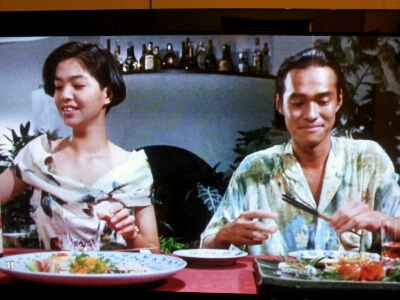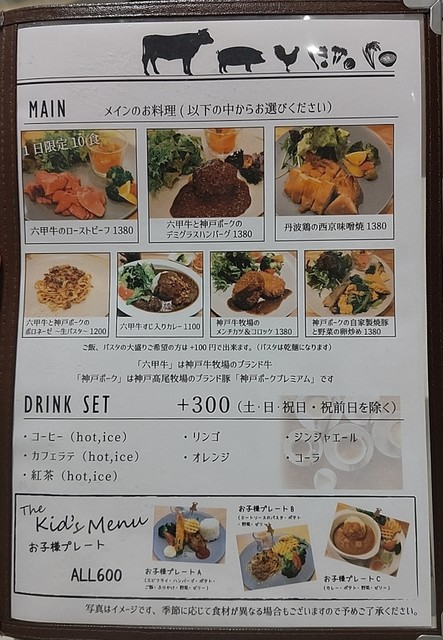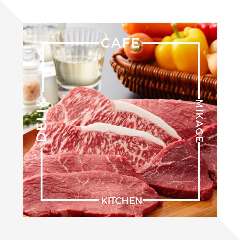

Reluctant to face her own feelings for him, she goes away to Izu for a work assignment, while Yuichi stays in a guest-house. In Part One of the novel, cleaning gives Mikage a sense of nostalgia, which helps her cope with the death of her grandmother and quell the pain of her resulting isolation.

The first half of the novel, also called Kitchen, explores the impact of grief, its quiet sadness, its surreal way of pausing life, its numbness and its frozen distraction.

When she finds that Eriko was murdered, she tries to support Yuichi through the difficult time, and realises that Yuichi is probably in love with her. In The Kitchen, by Banana Yoshimoto, the author develops the act of cleaning as a coping mechanism for Mikage. Mikage was raised by her grandmother, caring for her as she grew older, and the loss of this woman knocks her for a while. However, she moves out after six months as she finds a new job as a culinary teacher’s assistant. During her stay, she develops affection for Yuichi and Eriko, almost becoming part of their family. She gradually grows close to one of her grandmother’s friends, Yuichi, from a flower shop and ends up staying with him and his transgender mother, Eriko. In Kitchen, a young Japanese woman named Mikage Sakurai struggles to overcome the death of her grandmother. From Mikage’s love of kitchens to her job as a culinary teacher’s assistant to the multiple scenes in which food is merely present, Kitchen is a short window into the life of a young Japanese woman and her discoveries about food and love amongst a background of tragedy.


 0 kommentar(er)
0 kommentar(er)
